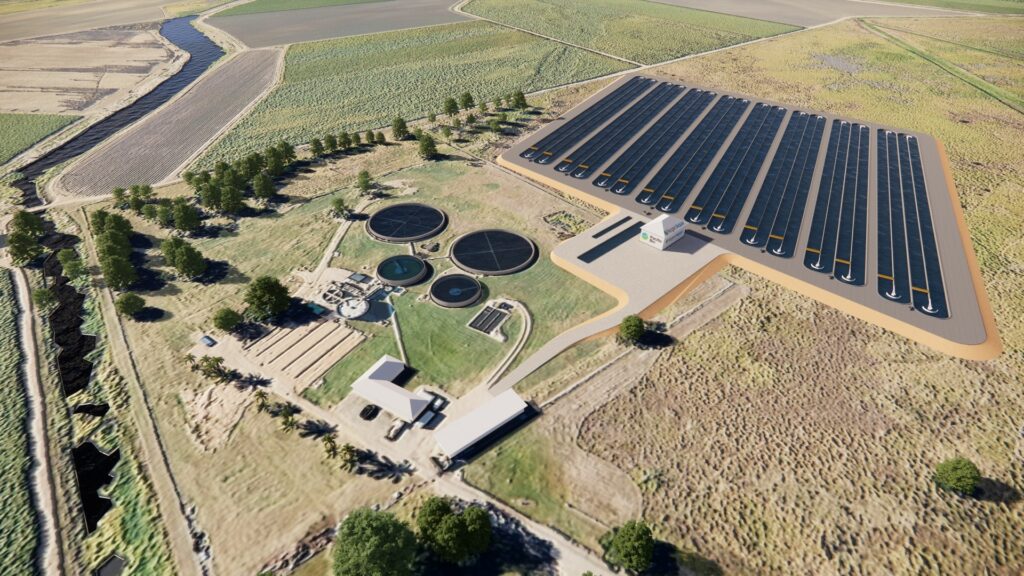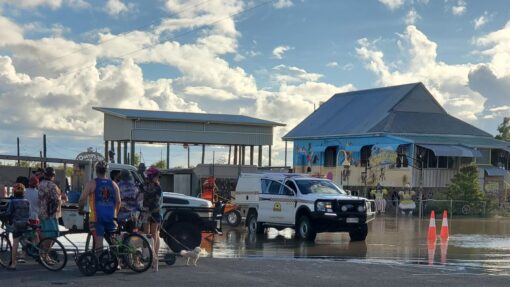Burdekin Shire tries world first approach to waste water
Richard Dinnen - Queensland Editor |

A north Queensland council will build a world first wastewater treatment plant that uses native green algae to filter out nutrients that harm the Great Barrier Reef.
Burdekin Shire Council says the project will proceed after the State Government announced $2 million funding for preliminary earthworks.
The RegenAqua macro-algal facility removes nutrients like phosphorus and nitrogen and will also sequester carbon dioxide.
Mayor, Lyn McLaughlin, said the plant is cheaper to build and maintain, and uses just 12% of the energy other treatment facilities use.
“This project is the first of its kind and will revolutionise the treatment of wastewater for all smaller coastal Councils.
“The facility will reduce human impact on the Great Barrier Reef and provide a scalable template which can be constructed in other local government areas in Queensland and around the world.
“The Burdekin Shire is a hub of innovation, and we are incredibly proud to be home to the first full-scale RegenAqua facility, in partnership with Pacific Bio and James Cook University.
“As a Council with a small ratepayer base, initiatives of this magnitude would not be possible without either years of budgeting or support from private enterprise and other tiers of government.”
Pacific Bio CEO, Sam Bastounas, said the technology could be applied in a range of other industries.
“Burdekin Shire Council and Pacific Bio will partner together to show how RegenAqua can provide a bioremediation solution for urban tertiary wastewater treatment.
“It is a low cost, zero-carbon solution that captures harmful nutrients and turns them into high crop yielding biostimulants via a Pacific Bio product called PlantJuice.
“The technology is already being used to reduce nutrients from onshore aquaculture, but it can also be used to mop up excess fertiliser runoff from farming and runoff from abattoirs.”
RegenAqua general manager, Kevin Patrick, said the technology offers a more affordable approach to wastewater.
“The cost is significantly lower compared to other solutions currently in the market.
“Where traditional tertiary wastewater treatment facilities were estimated at more than $40 million, RegenAqua’s Macro-Algal Bioremediation facility comes in at $8.3 million and our technology advances mean it is notably cheaper to operate and maintain in the long term.”
Design and construction will commence in the coming months.



